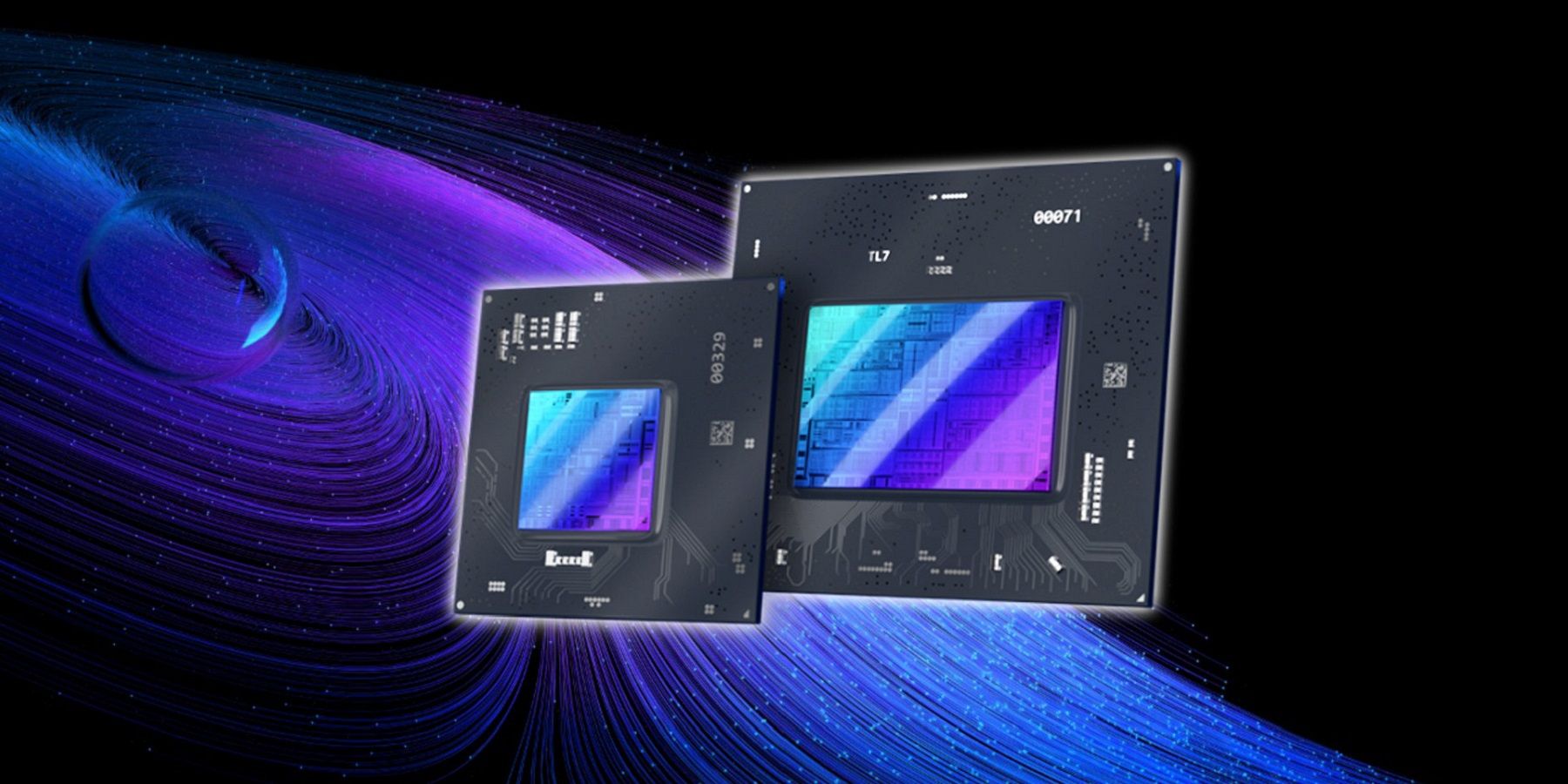The GPU market is generally an either/or affair. People will either choose an Nvidia card, or they'll opt for AMD instead. But now with Intel about to throw its hat into the ring, there is going to be more choice for gamers and PC enthusiasts. The Silicon Valley CPU manufacturer recently unveiled its Arc range, which includes a series of graphics cards, the first of which is due to be released some time next year. On top of that, a recent phone interview with the company's CEO suggests hope that the Arc products will be able to give the likes of Nvidia a run for its money.
Speaking to financial analyst Pierre Ferragu, Pat Gelsinger of Intel has said that he hopes the first line of the company's graphics cards, known as "Alchemist," will be able to "put pressure" on Nvidia's current range. He added that the company's range of graphics cards, at least this iteration, will have higher performance and be more energy-efficient, adding that the architecture being worked on means the manufacturer should be in a position to really challenge Nvidia, who have remained at the top for a number of years now.
Intel originally put its upcoming graphics cards under the Xe name, but has since changed it now that the products have been announced. Once Alchemist is released next year, the company will be looking to put out additional cards, called Battlemage, Celestial, and Druid. The first graphics cards to be released will be based off the Xe architecture, which has been used by Intel in the past to make its mobile graphics chips. Even though the manufacturer is already fairly familiar with making graphics hardware, this will be the first time that it's gone head-to-head in the desktop world, with seemingly a focus on Nvidia.
It's possible that Alchemist may not be able to take on the might of the Nvidia RTX 3090, but it may still be able to show a thing or to in the face of some still-powerful graphics cards, like the RTX 3070 or AMD's RX 6700 XT. Whatever the case may be, Gelsinger seems hopeful that his team will offer up a strong alternative to Nvidia's products.
Of course, much of this will still depend on whether the deficit in the market will have improved by then. With Nvidia's CEO believing the shortage could last for the majority of next year, Intel may be ready to take on the might of the graphics card conglomerate, but it will be all for naught if the company struggles to meet consumer demand during these tumultuous times for the tech industry.
Source: WCCF Tech, Cloudfront (original interview)


